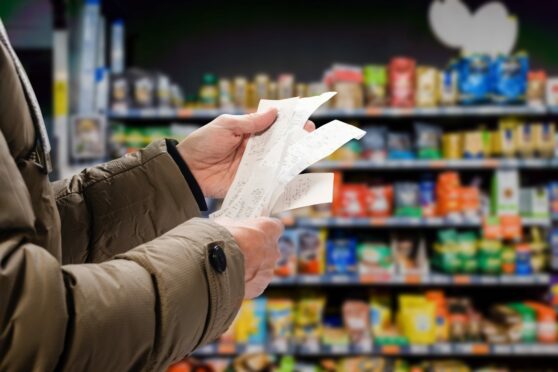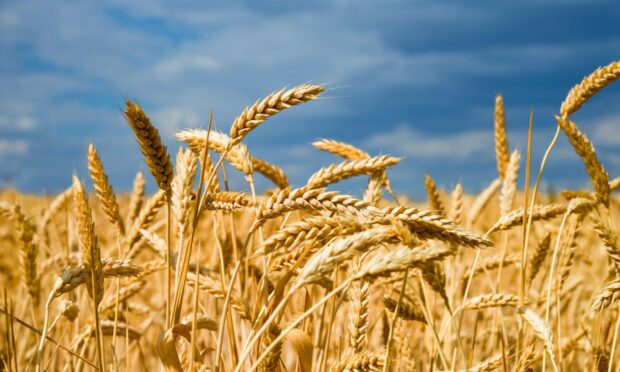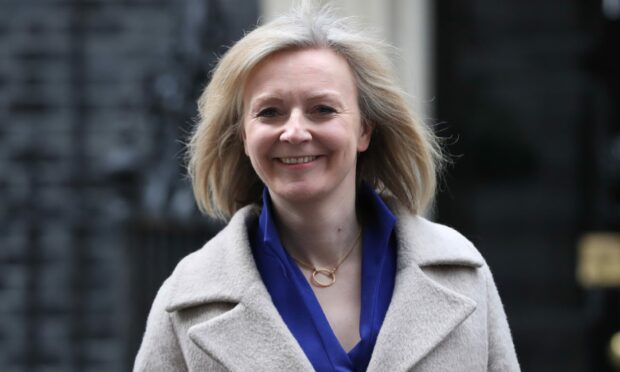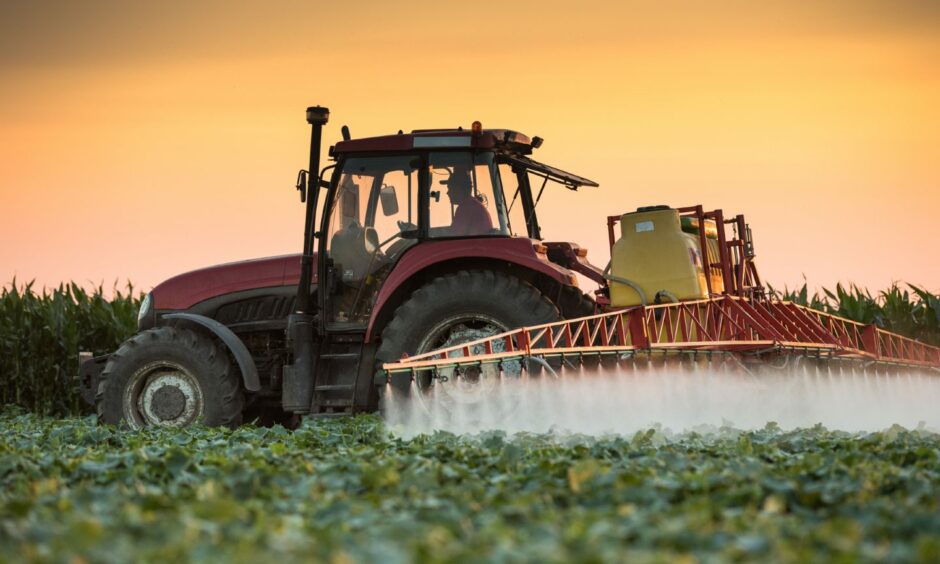There are faint signs two of the key factors driving inflation may be easing.
Although still highly volatile, oil prices have been dipping below the psychologically significant $100 a barrel figure.
This is far from a trend towards lower energy prices, but according to the United Nations Food and Agriculture Organisation (FAO) global food prices are now beginning to fall.
In June the FAO price index fell by 2% from the May figure, meaning prices have fallen for three consecutive months.
However they remain 23% ahead of the same month in 2021, confirming that there will be no early return to an era of cheap food.
Cereal prices continue to drive food price inflation – the index was down in June by 4%, but it remained 28% ahead of 2021.
Wheat dipped from record levels in May by 6% but remains 49% ahead of 2021. This easing reflected rising optimism about north American harvest yields.
The vegetable oil index fell 7% from record highs.
The exception to modest price reductions was dairy, where prices rose 4% from May to June, on back of strong demand and tight supplies. The increase was across all products, led by cheese.
This buoyancy reflects concerns that hot weather could drive down global milk supplies later in the year.
Meanwhile, the Politico news site has claimed Conservative party leadership hopeful, Liz Truss, was warned when she was UK trade minister that trade deals she was negotiating with New Zealand and Australia would damage UK agriculture.
Speaking on the BBC Question Time programme the NFU president, Minette Batters, said it was infuriating the government ploughed on with these negotiations, knowing they would damage agriculture.
She also confirmed the cool relationship between the NFU and the government for its lack of interest, not least over labour availability.
Truss allegedly ignored warnings from officials of the economic hit from trade deals the Johnson government claimed as post-Brexit successes and as blueprints for future deals.
The Department for International Trade continues to insist the deals include safeguards to protect farming.
However they are more generous in terms of market access for food than the trade deal the EU has agreed with New Zealand. The Politico report was based on a Freedom of Information request by the Labour party.
Lastly, the new Czech presidency of the EU has confirmed it will keep food security at the top of the political and economic agenda.
It has also welcomed evidence some of the EU attempts to establish corridors to get grain out of Ukraine, despite the Russian blockade, are beginning to work.
A big issue it and the EU face is how to balance this commitment to productivity in agriculture, while pursuing legislation to discourage the use of chemical pesticides as part of a nature recovery programme.
The EU’s health chief, Stella Kyriakides, claimed recently “time was up” for chemical pesticides.
She said pressure over food security had not reduced the need to cut pesticide use.
This has prompted warnings that the EU is pursuing a show-piece go it alone policy without taking account of the consequences for food production.
Richard Wright is an agricultural industry commentator.




Conversation